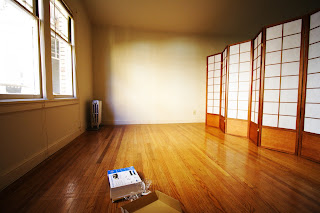Ran across a great ‘zen’ quote while stumbling yesterday:
Let go… or be dragged
Then, it came up in a conversation about ‘making sure’ –with teenagers.
‘Making sure’ is probably the most alluring, and least effective, form of security a parent can seek.
No parent wants to face the reality of the terrors of freeing a child to the world. As possibly-Phyllis Diller said:
having a child is giving your heart permission to walk around by itself for the rest of your life
Parenting is terrifying, and letting go is even more terrifying. It’s hard to do when a two-year-old wants to wear all their favourite clothes at once…
… without thinking about what they’re allowed to do with a computer.
When a 15-year-old struggles for independence and liberty, it’s not easier to let go. It’s particularly not easier than it would have been when the child was three. But that’s water under the bridge and time can’t flow backwards.
But ‘making sure’ has a synonym. That is: ‘making a mess.’
Trying to control the thoughts, feelings, goals and preferences of a child (especially a teenage child) is pretty much guaranteed to get messy. Some kids can withstand a lot of it, without it affecting who they are, or what they choose, very much… but those kids are rare (and it’s inherently disrespectful to them, too… they just don’t mind so much that their parents are.)
For most kids, the lack of faith in them that this ‘making sure’ demonstrates does real damage to their stability. They react in ways that are surprising even to them: they vandalize things, they sneak out at night, they make cavalier choices with their lives and bodies, they check-out of things they once cared about, they disconnect from the people they need…
Yes, trusting that the world is a safe-enough place for our precious teens is hard. Trust anyhow.
Yes, trusting teens out in the world is hard. Trust anyhow.
Yes, trusting that we’ve been ‘good enough’ parents to this point, so our kids will be able to cope (and maybe even thrive) is hard. Trust anyhow.
Yes, letting go is hard. Let go anyhow.
Let go… or be dragged.











